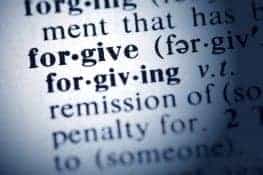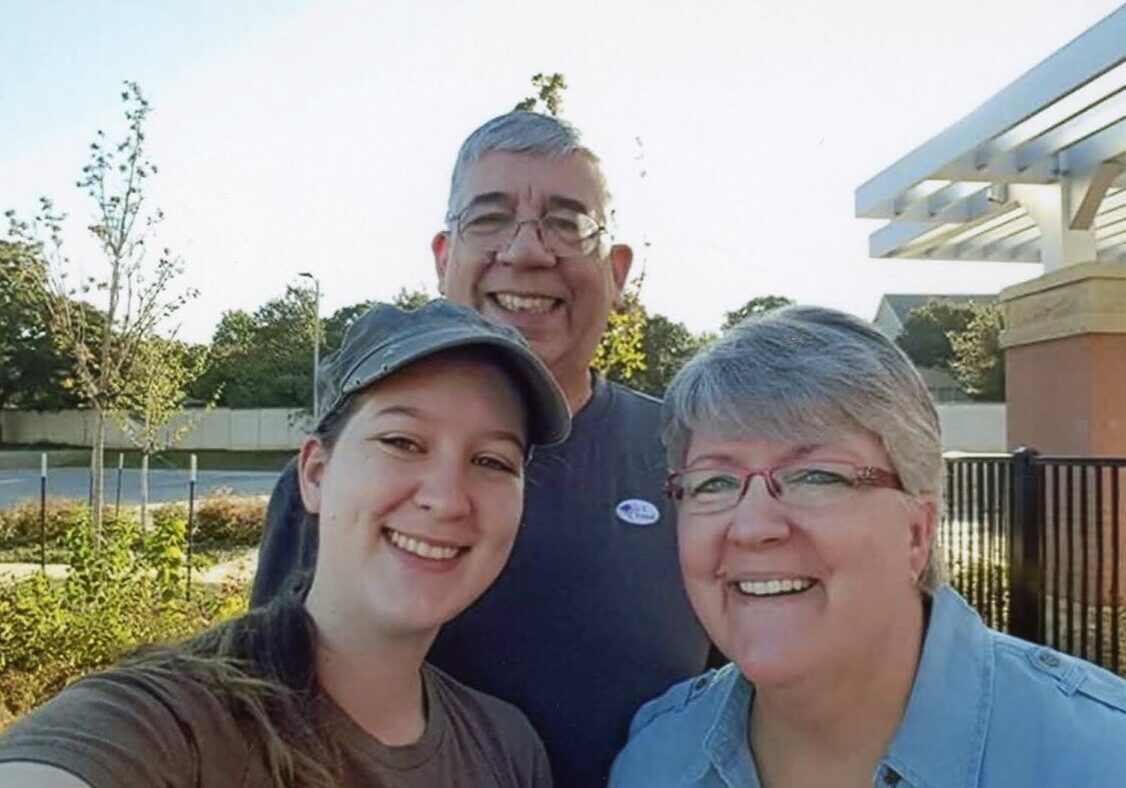 A Three-Part Series of Articles
A Three-Part Series of Articles
Part 2: Beliefs about Forgiveness
As we said in Part 1, “forgiveness” is the intentional process by which someone who has been hurt undergoes a change in feelings and attitude regarding an offense, lets go of a need for revenge, and feels some empathy toward the offender. We talked about how important it can be for grieving people to forgive those who have hurt them.
In Part 2, we will look at five widespread beliefs about forgiveness and how they can make it harder for us to forgive.
Belief number 1: It is best to “forgive and forget.” Forgiveness means forgetting the offense.
This is surely a noble sentiment. But forgiveness doesn’t necessarily mean forgetting. I can forgive without forgetting. In reality, it is important to remember the offense, especially if it is a recurring one. It may be important to protect myself from further wrongdoing. Or maybe I can learn an important life-lesson from the experience. Try a new motto: “Forgive and remember.”
Belief number 2: Forgiveness excuses bad behavior. Forgiveness lets someone “get away with something.” It prevents justice from being done.
It can certainly seem that way, especially when the offense involves homicide or some other serious crime. But even when “justice is done” and a murderer has been caught and sentenced, that can never make up for the life that was lost. I still need to grieve the pain of the loss. So forgiveness is always a choice, and it is always done for the sake of the person in grief—not for the offender.
Belief number 3: Forgiveness means I have to reconcile.
Actually, reconciliation may be impossible in the case of one who has died, or it may even be dangerous to try and “make up” with someone who has been hurtful to me in the past. I can choose to quietly forgive someone, without seeing the person face to face. And they do not need to ask me for it.
Belief number 4: Revenge feels better than forgiveness. Revenge feels powerful, whereas forgiveness feels passive or weak.
Yes, there can be a temporary delight in seeking revenge, but the feeling does not last for long. Forgiveness doesn’t mean giving away my power. It is exercising my power to be free, to set down the burden of resentment.
Belief number 5: Forgiveness is something I MUST do.
I may carry this belief, and it may be reinforced by well-wishers who prod me to forgive in order to heal my grief. Some people feel pressured to forgive too quickly. In reality, forgiveness is always a choice—it is my decision. I may need time to process the hurt and anger before I am ready to forgive fully. Perhaps one day I can move even further: feel compassion for the offender and even understand the hurts that he or she has experienced. Again, I do not take this step for the offender’s sake but for my own sense of inner peace.
This has been a sampling of common beliefs about forgiveness. Challenging old beliefs is not always easy, but it may be the key to getting “unstuck” from our resentment and moving closer to forgiveness on our grief journey.
Next time we will conclude this series with Part 3: Steps to Forgiveness.
-Kathy Telger M.Ed., LPC-S


